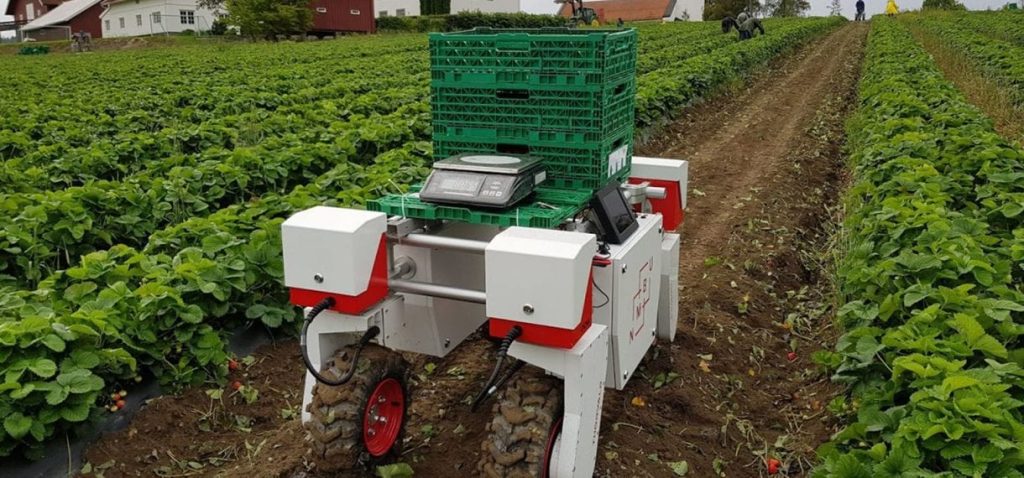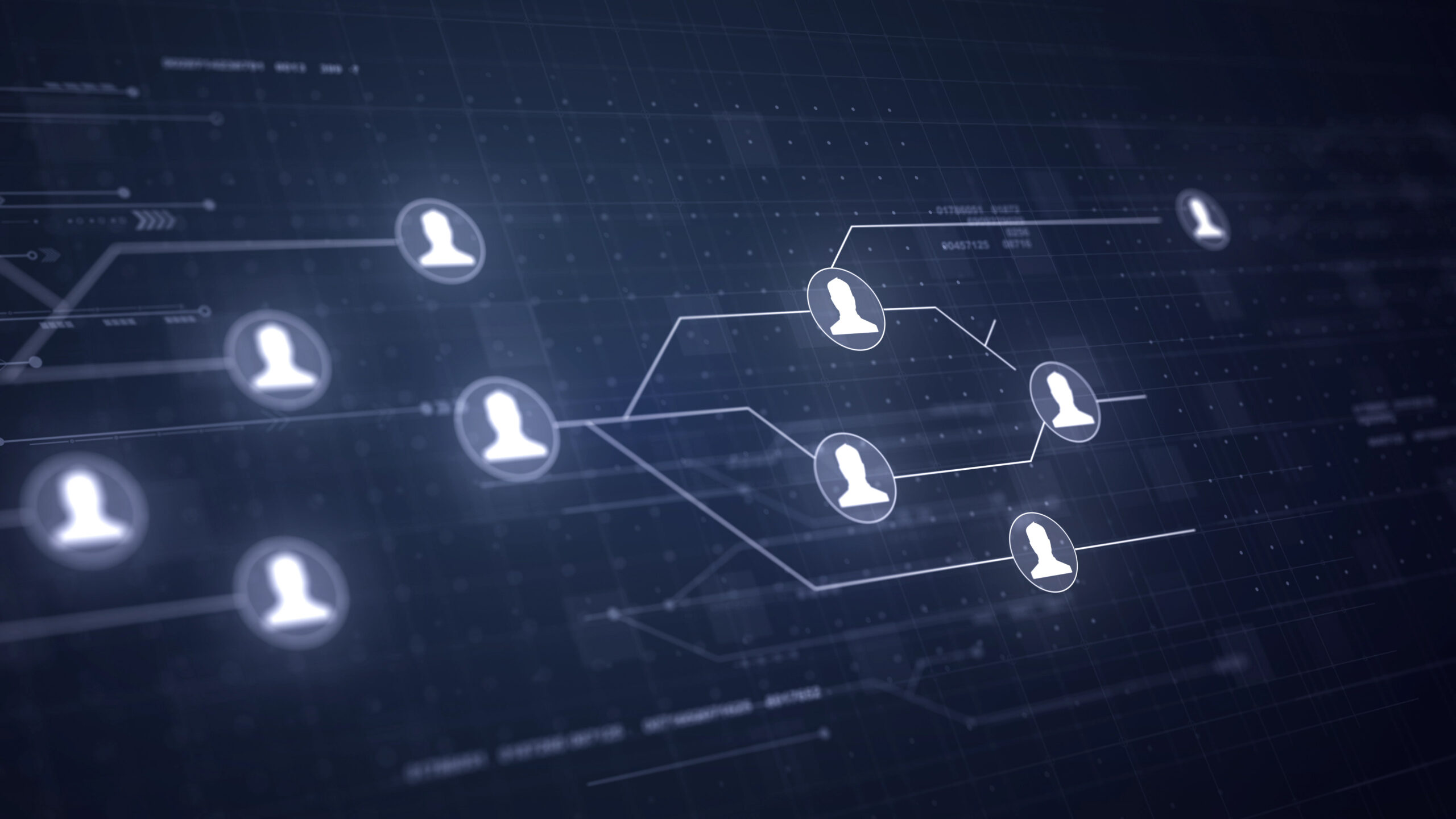Editorials
Robots get sacked! Rediscover the Synergy Between AI and Humans in Manufacturing
Rishi Sunak met Joe Biden and proposed holding a global AI safety summit in the autumn of 2023. “It (the global AI summit) is about looking at technology that is developing extremely quickly – perhaps faster than even those involved in its creation expected.” — Rishi Sunak. The rapid and irreversible progress in AI development has necessitated the need for proactive regulation.
With the development of AI, the manufacturing industry is considered one of the most impacted industries across different sectors. In the manufacturing industry, a capital-intensive industry, AI-powered machines will eliminate malfunctioning machines and idle equipment, whilst generating consistently improving rates of return, culminating in 39 per cent profit growth by 2035 (Accenture Report).
While AI improves efficiency and production, it also raises worries about job displacement and ethical ramifications. As a result, seeking a balance between exploiting AI’s benefits and addressing humanitarian concerns is critical for a responsible and sustainable manufacturing future. In this article, we are going to discuss some good practices of AI in the manufacturing industry and rediscover the synergy between AI and humans.
The Rise of AI in the Manufacturing Industry
There have already been some innovative practices within the manufacturing industry. McKinsey predicts that by 2030, fully autonomous cars will be able to operate “anywhere, anytime” with Level 5 technology, without the need for drivers. As yet, none are available to the general public. Imagining a world where vehicles operate autonomously is truly fascinating, offering the potential to reduce accidents caused by fatigue or impaired driving. It paints a picture of an ideal future where safety and convenience go hand in hand.
In addition to the exciting advancements in autonomous vehicle technology, there are other notable innovations taking place in the manufacturing industry. The University of Lincoln, in collaboration with industrial partners, has revolutionised fruit picking through the development of innovative robots that aid growers in vital tasks. I witnessed a demonstration of strawberry-picking robots in Lincoln last year. The robots picked the strawberries accurately and at a decent pace. We can see this remarkable technology has the potential to greatly enhance the efficiency and productivity of fruit harvesting processes.

Embarking on the exciting journey of AI development, Harford continuously improve our solutions to support manufacturers to achieve operational excellence. To that end, we’ve strengthened our partnership with Visicon to innovate our Vision Inspection Solutions. With sophisticated cameras with ‘Deep Learning’ software, we have already helped manufacturers detect and quantify the ingredients in ready meals even when the ingredients have similar colours to the background.
With the rapid development and increasing impact of AI in factories, more and more people are concerned about technology. Will autonomous vehicles displace drivers? Will robots replace workers? Will machines take over human operators?
Robots get Sacked: Humans Reclaim the Spotlight
Despite the widespread adoption of AI and robots in the manufacturing industry, Toyota has taken a unique approach by reintroducing human workers to assembly lines and workstations that were previously automated. Mr Kawai, the Toyota VP, noticed some of the robots on the production line were underperforming. In the welding process of the Toyota Land Cruiser, Mr Kawai discovered that although the quality of the welded parts was satisfactory, there was room for improvement in terms of consistency.
Beyond addressing the under-performance of robots, factories that only implement robots can become stagnant in their development stage. While robots excel at executing repetitive tasks, they lack the creative thinking and discernment needed to identify opportunities for continuous improvement. Only humans possess the ability to approach management teams to present innovative ideas and propose optimised processes and waste reduction ideas. Human’s invaluable contribution and creativity go beyond the capabilities of robots alone.
Having said that, the concerns about job displacement due to AI integration in manufacturing are still valid. Companies should invest in training programs to equip workers with the necessary digital skills and knowledge to collaborate effectively with AI systems.
The Synergy of Human-Centricity and AI
It’s the spirit of a human-centric, smart technology approach to automation that can drive manufacturing performance to a new level. AI has great potential to transform the manufacturing industry, but it should not replace human workers. Through combining the creativity and capabilities of human workers with cutting-edge AI technologies, factories can continuously improve their efficiency and reduce wastage.
At Harford, we not only offer cutting-edge MIS/MES systems to help factories eliminate risk, reduce wastage and improve performance, but also provide a consultative approach for manufacturers to give them practical advice on how to further reduce wastage and improve their efficiency. All our customers will receive 24/7 support and operator training after they integrate the Harford system.
The journey toward a tech-centric and human-centric manufacturing industry requires responsible MIS/MES technology and worker empowerment. By embracing collaboration between AI and humans, we can create a harmonious ecosystem where technology and humanity thrive together.
We are equipped with advanced technology and specialised expertise tailored for FMCG, Food & Beverage, Health & Beauty, Pharmaceutical and Chemical manufacturers. Share your problems with us and we can help improve your manufacturing performance.
To find out more, call our team on 01225 764461 or contact us here. See us at PPMA23 on Stand B46.
Share your thoughts to Info@harfordcontrol.com or give us a call on +44 (0) 1225 764461




